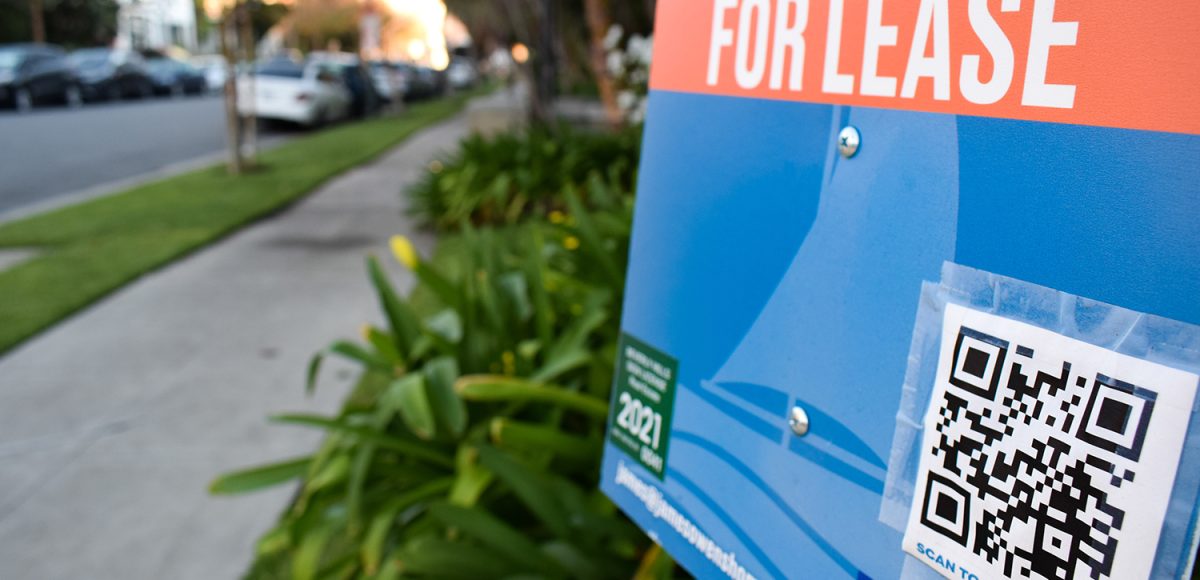With the recent COVID-19 surge brought on by the omicron variant, the Beverly Hills City Council considered possible next steps to end a citywide halt on rent increases and evictions at its Jan. 18 Study Session. Grappling with the balance between renter rights and landlord rights in the face of increasing infection rates, the Council reached a consensus opinion that the issue required further study and discussion.
“Right now, to end something that is meant to protect residents when we see that this latest version is literally raging throughout the community, I’m not prepared to do that either,” said Councilmember John Mirisch. “I see that there are in some cases landlords who are hurting, and who are maybe in some cases being taken advantage of, and in other cases there are unscrupulous landlords who are trying to take advantage of the situation as well. I think we need ultimately to try and find as differentiated an approach as we can to protect the vulnerable on both sides.”
The Council adopted a renters’ protection ordinance in March 2020 during the first weeks of the pandemic and has since adopted newer versions. The ordinance prevents evictions for nonpayment of rent for tenants who can prove they endured financial hardship due to COVID-19. It also imposes a moratorium on annual rent increases for rent stabilized units and prohibits no-fault evictions, unless the eviction is necessary for the health and safety of tenants, neighbors, or the landlord.
The ordinance stipulates it will remain in effect until the city calls an official end to the local emergency caused by the pandemic. However, at an Oct. 26 hearing, the City’s Rent Stabilization Commission recommended the City Council amend the ordinance with an effective end date of Sept. 30 to match the end date for the State of California’s eviction ban. This would have meant renters were not protected for the month of October, but the Council kept the protections in place at that time.
After the October meeting, the Council was leaning towards ending the moratoria on March 31 this year. That end date is still on the table, but Mayor Bob Wunderlich suggested pushing it to May 31 as the Council takes time to consider the best path forward in light of the current case surge.
The City Council is also considering the maximum amount landlords can increase rents once the moratoria end, as well as how to regulate collection of back rent that has gone unpaid since the moratoria took effect.
“I do think that the back pay piece is problematic,” said Councilmember Julian Gold, M.D. “If somebody really had a hardship through COVID and now has two years’ worth of rent to pay, and has not got money from the government, I think that is a category of people that we need to look at, and perhaps through the rent stabilization ordinance and some of the residual funds that we’ve got, we should look really to help them get through that.”
Gold suggested that the city find a way to assess the needs of the renters on a case-by-case basis. Regardless of what the city decides on this front, the State of California has set a hard date for repayment. Assembly Bill 832 impacts back rent that came due during the period March 1, 2020 through September 30, 2021. All back rent for this period must be repaid by May 31, 2023, or one year after the end of the local emergency, whichever is earlier.
Responding to a request by the City Council in October, the City Attorney’s Office also prepared options for how the Council may reimplement annual rent increases for rent stabilized units. Three options were presented to offer paths for allowing landlords to begin charging tenants the two annual rent increases that were missed during the moratorium. A fourth option would only allow landlords to impose the most recent 2021-2022 rent increases for rent stabilized units.
“I’m not really prepared until we can get over this omicron spike to give a definitive [answer],” said Councilmember Lester Friedman. “But in general, I do believe that there needs to be some consideration to the housing providers for any increases that they were not able to obtain during the two or three periods.”
The cities of West Hollywood, Culver City and Santa Monica have all placed end dates on their pandemic renter protections to end in accordance with state and county timelines, unlike Beverly Hills and Los Angeles where the protections end when the local emergency is declared over. Los Angeles County’s COVID-19 renter protections will halt at the end of January unless the County Board of Supervisors extends them.
Further discussion on how to best end renters’ protections is expected to take place at one of the February City Council meetings, but a hearing has not yet been scheduled.
“I don’t see a need to make a decision today at all,” said Vice Mayor Lili Bosse during the Jan. 18 meeting. “I agree with two colleagues before me that we should bring this back next month when hopefully this surge is over.”







